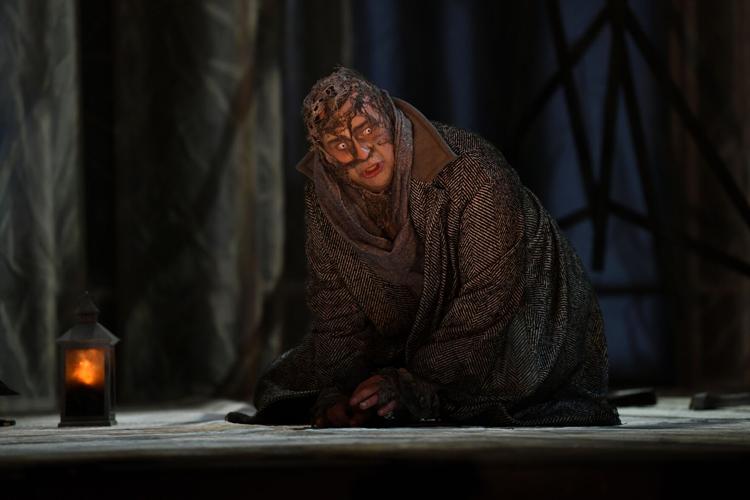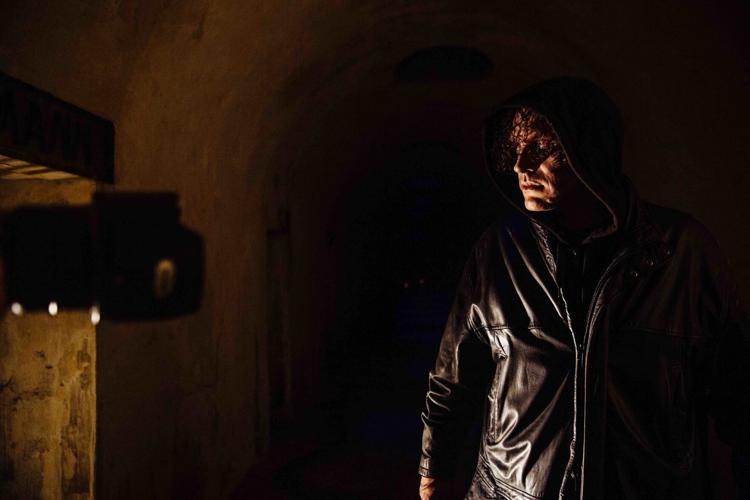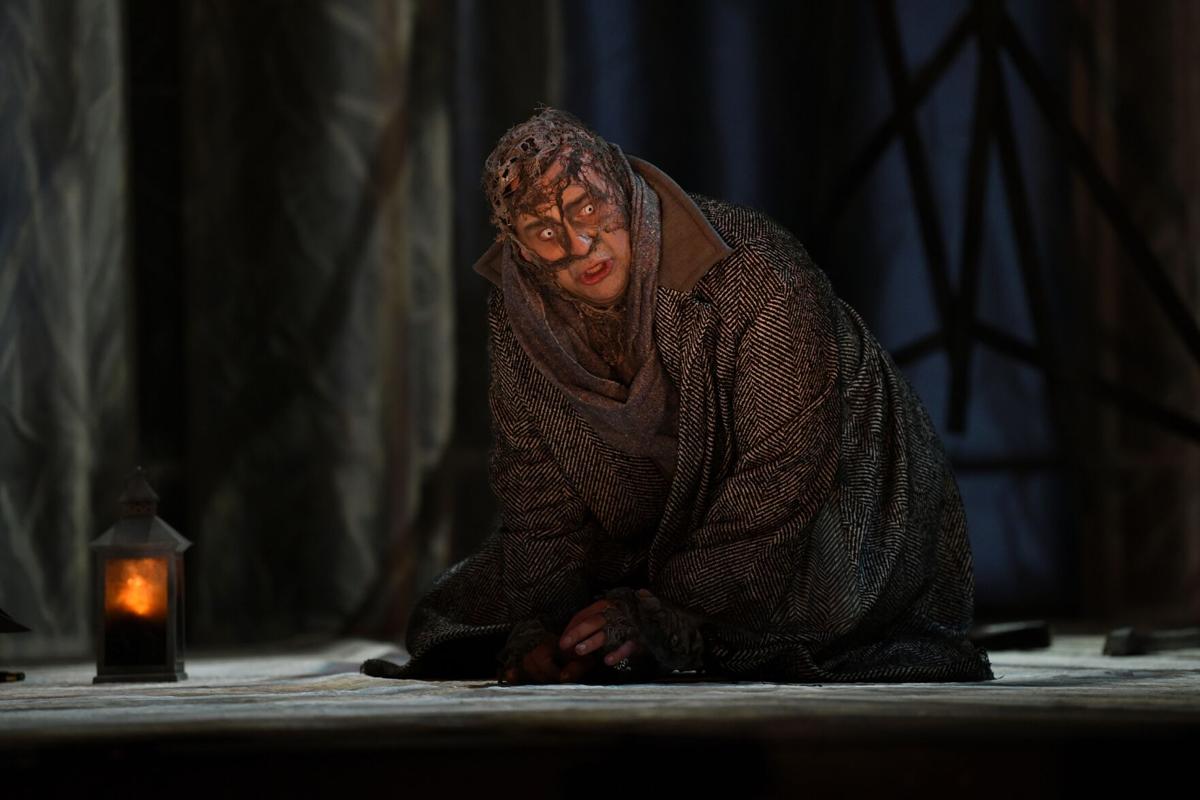One of the things that struck composer Gregg Kallor about Mary Shelley’s iconic 200-year-old novel “Frankenstein” was how little attention the writer paid to Victor Frankenstein’s experiments that gave life to his creature.
“She just talked about Viktor’s reaction to that moment and then the story shifted and gave us the creature’s reaction,” Kallor said. “I think she was urging us to consider the consequences in advance and think about the implications of our technological advances. It’s not just can we do this but should we.”
That is one of two overriding themes of Kallor’s opera “Frankenstein,” commissioned by Arizona Opera. The world premiere, which opened in Phoenix last weekend, comes to Tucson’s Temple of Music and Art on Saturday, Oct. 21, and Sunday, Oct. 22.
It’s the company’s third commissioned opera since Craig Bohmler’s “Riders of the Purple Sage” in 2017. Arizona Opera also was one of four regional companies to co-commission “The Falling and the Rising,” which was staged here in 2022.
Kallor started working on the piece in 2018 — the 200th anniversary of the book’s publication — after a director friend encouraged him to read the book.
“I read it and it was one of those moments where the record player screeched to a halt and my world shifted,” he recalled.

Kallor
He set out sketching the music and how the story would play out, then brought a small cast to perform the work in progress in the catacombs of a Brooklyn cemetery. Arizona mezzo-soprano Jennifer Johnson Cano, whose husband was Arizona Opera’s music director, was cast in the role of Elizabeth, and when Christopher Cano and Arizona Opera President and General Director Joseph Specter saw the performance, they floated the idea of commissioning Kallor to finish the piece.
Two years later, Arizona Opera made it official and Kallor spent part of the pandemic writing the score and the libretto.
Kallor didn’t want to tell the horror story of “Frankenstein,” where this man-made creature goes mad and sets about destroying everyone in its path.
He wanted to hone in on the creature’s humanity and humanity’s lack of empathy when it came to so-called “otherness.”
“It’s not really a horror story like a slasher movie; the horror of ‘Frankenstein’ is that this man, Victor Frankenstein, created a life and then abandoned it immediately,” Kallor said in a phone call during a rehearsal break in late September. “And then this life form that he thought he was leaving to die lives and was abused, mistreated, feared and reviled by absolutely everybody and became isolated. It’s a story of how really society made a monster out of this creature. We all can identify in some way with the feelings of isolation and otherness, isolation especially now after we’ve been living through a pandemic. Everybody gets it now.”

Arizona Opera will perform the world premiere of its new opera "Frankenstein" this weekend in Tucson.
“It’s dark and complex, poignant and riveting,” Specter added. “In the case of ‘Frankenstein’ itself, it’s a book that was written over 200 years ago, but there are these powerful, powerful themes: Finding common ground and learning to identify this type of otherness that we apply to people. I think that’s what makes a great piece of theater.”
Specter described Kallor’s score as cinematic, straddling the line between classical and jazz “according to Gregg’s musical language,” he said.
Kallor said he wanted the music “to feel at times like a warm embrace” that invited the audience into the characters’ inner lives. The music has flashes of darkness and anxiety when the creature is confronted by violence and quiet solace as it deals with feelings of being alone.
“This story is everyone’s story,” Kallor said. “It has endured for this long and resonated with so many people across cultures and age and class because I don’t think there’s anybody alive that can’t identify with the feeling of being perceived as ‘other,’ and that’s what ‘Frankenstein’ is all about.”
Kallor’s “Frankenstein” is the second opera based on Shelley’s novel. Mark Grey’s “Frankenstein” premiered in Brussels in 2019.
History is a scary place. For this list, we’ll be looking at the most terrifying and disturbing archaeological finds ever made.
Contact reporter Cathalena E. Burch at cburch@tucson.com. On Twitter @Starburch







